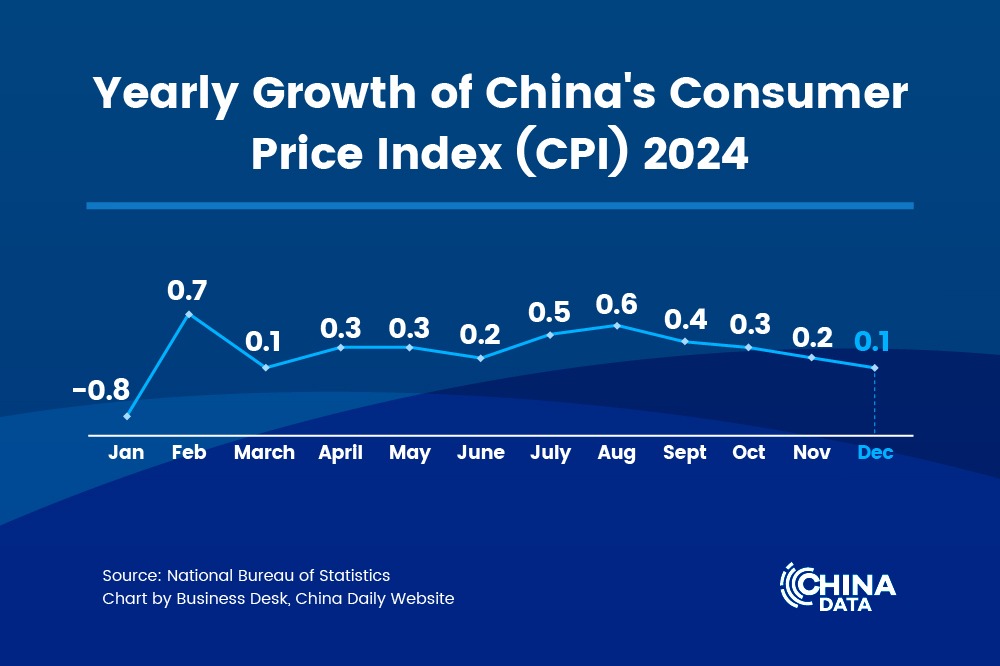Offices as arenas for excellence


Uli Gwinner-led Steelcase adapts workspaces for the era of smartphones and data privacy
Can a functional and comfortable workspace help an employer to retain prized human resources and avert attrition? That's a no-brainer, according to Uli Gwinner, president for the Asia-Pacific regional operations of Steelcase Inc.
He should know. Gwinner has been overseeing the Michigan-based global office environments manufacturer's determined bid to transform workplaces in China and other countries in the region. The big idea is to make offices so employee-friendly that collective peak performance can be produced on a sustained basis.
That's a radical shift from the popular management philosophy that incentives like lucrative foreign postings, paid holidays, raises, job promotions, goodies and the like are enough to keep productive staff from flying the coop, Gwinner said.
Steelcase's philosophy is that the smartest minds produce their best work when their workspace encourages collaboration and innovation.
That conviction has been reinforced by industry forecasts that demand for more functional offices in China will likely grow over the next decade, given the flames of innovation and entrepreneurship burning brightly now.
Growth opportunities for firms such as the 105-year-old Steelcase come from the country's growing number of new-generation companies that work out of shared offices.
Besides, increasing foreign direct investment to set up branches and plants with state-of-the-art offices in lower-tier Chinese cities, and rising demand for office and classroom upgrades from State-owned enterprises and the educational sector, are heating up the market for top-end workplace builders.
Gwinner, a German, has been working with Steelcase for 18 years, so he understands the differences in the needs of office-goers in China and Western markets. He is responsible for overseeing the group's operations in the Asia-Pacific region that includes Japan, Australia and Singapore, as well as emerging markets like India.
In an emerging market like China, workers tend to operate out of smaller offices. Many Chinese employees work over lunch time, so they may sleep seated in the chair.
"Chairs at offices should be designed in such a way that they can help smartphone-using workers to relax," said Gwinner.
He said that the ability for spontaneous innovation can be boosted by rethinking office space to cater to different working modes and to encourage dynamic information delivery.
A workspace that supports diversity and allows for collaborative activities in real time can also help spawn innovative ideas.
As its Asia-Pacific headquarters are in Hong Kong, Gwinner travels to the Chinese mainland twice a month; he spends most of his time trying to develop Steelcase's business in the China and India markets.
"Chinese companies are really able to grow very quickly and a lot of them are very large. If we can make these companies our customers, it will generate handsome business volume," he said. "Chinese customers are learning quickly. They are very interested in learning innovative content and from other organizations."
Steelcase introduced two display or screen products designed to protect privacy at workspaces in China this year. One is for desk use and another is for conferences. People passing by cannot see any numbers or content displayed on the screen.
Steelcase has been providing working space solutions to some of the world's well-known innovative companies. The group unveiled its latest innovation called Silq, a new seating design of both mechanism and artistry with new materials in China in January.
Silq products can deliver a new experience by responding to the unique movements of the user's body to tackle issues such as cervical spondylopathy or back pain.
In China, Steelcase sells to companies, independent dealers and end-users. Among its customers are global companies in 17 major cities. Its designs have lured some innovation-centered companies in China's eastern and coastal cities.
As China has well-developed online sales networks, Steelcase has also reached a large number of clients via e-commerce platforms such as WeChat.
Supported by more than 11,000 employees, and three design centers in Michigan, Munich and Hong Kong, the group achieved a revenue of $3 billion from architectural, furniture and technology product sales worldwide alone in 2017.
In China, Steelcase operates a factory in Dongguan in Guangdong province and a newly opened global innovation center in Hong Kong. It also runs plants in North America, Europe and the Middle East. In Asia, its manufacturing facilities are also in India and Malaysia.
Zhao Ying, a researcher at the Institute of Industrial Economics, which operates under the aegis of the Chinese Academy of Social Sciences, said most Chinese companies are hierarchical, collectivist, success-oriented, tolerant of uncertainty, long term-oriented, and accord to high priority communication.
All of these elements influence workplace-related design in China. "Compared with traditional companies in China, businesses operating out of co-working spaces-many of them are startups-h(huán)ave different requirements that need to be fulfilled," he said.




































